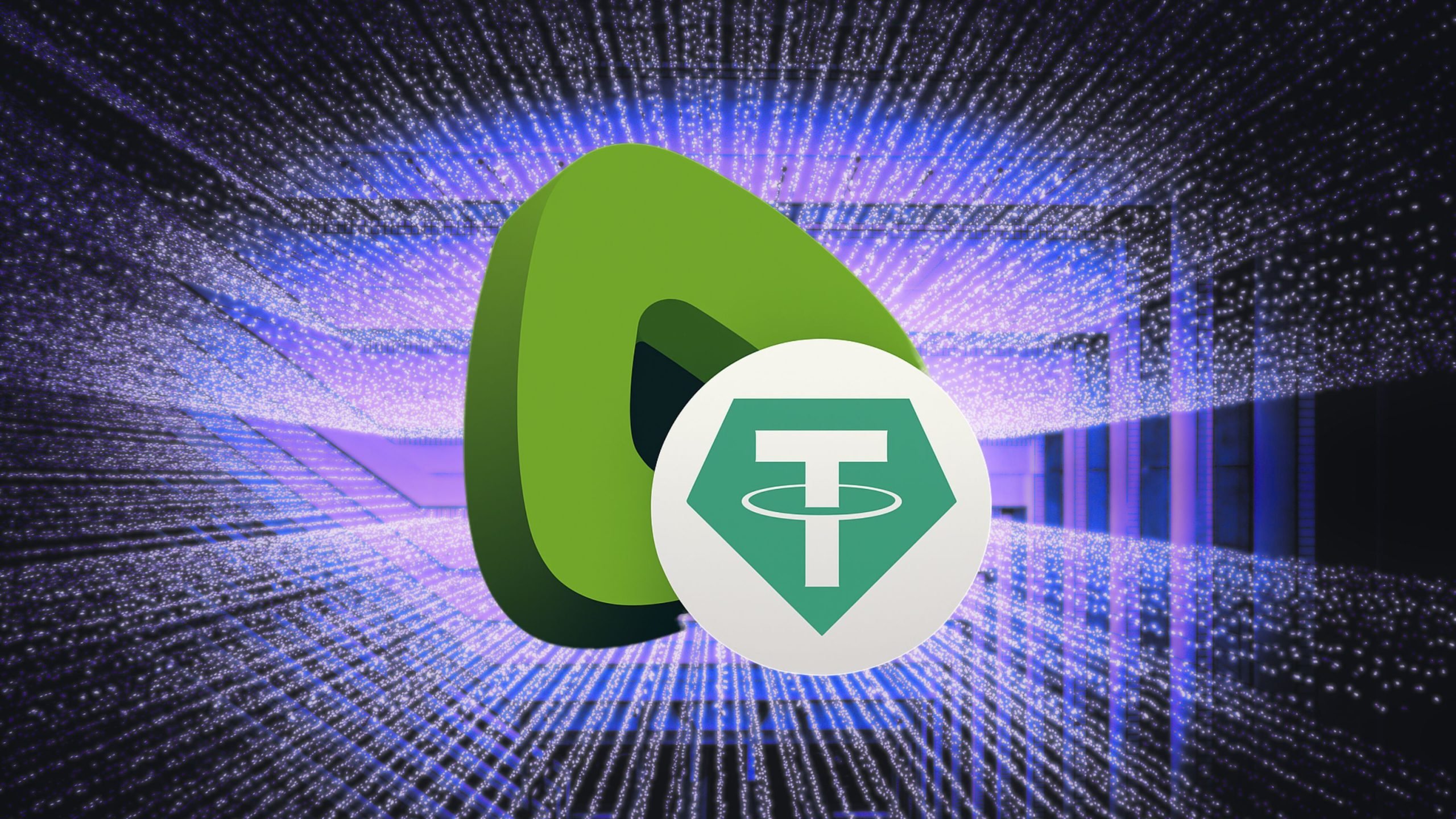Rumble is stepping deeper into the decentralized economy. The video platform, long pitched as a free-speech alternative to YouTube, is planning to launch the Rumble Wallet — a new payment system designed to help creators monetize directly, bypassing traditional ad networks. It runs on Tether’s USDT, the largest stablecoin in the world.
Rumble CEO Chris Pavlovski announced the launch on X, saying the wallet will “work better than most advertisers.” Tether CEO Paolo Ardoino cheered the move, calling it “a wallet for the people.”

“We expect this to bring direct value to the crypto community on our platform and facilitate meaningful high-value partnerships with crypto exchanges,” Pavlovski said on this week’s earnings call. The CEO added that the wallet will be accepting and paying out in USD Tether, Tether Gold, and Bitcoin.
This collaboration isn’t coming out of nowhere. Tether dropped $775 million into Rumble in late 2024 — part of a strategic pivot into platforms aligned with its values: free speech and financial sovereignty. Ardoino said as much at the time, positioning Tether as more than a financial player; a cultural one.
Rumble, meanwhile, has been stacking Bitcoin with plans to invest up to $20 million total as part of a long-term treasury strategy.
With the launch of its wallet and deep crypto backing, Rumble is betting hard on a future where creators get paid directly, platforms align with principles, and Big Tech is no longer the gatekeeper.
The Rumble Wallet could mark a significant shift in how independent creators earn a living online. By integrating USDT, Rumble not only offers global, censorship-resistant payments but also positions itself as a serious player in the alternative tech ecosystem. Unlike traditional ad revenue models — which often rely on opaque algorithms and advertiser pressure — this wallet gives creators instant access to their funds, with minimal friction and maximum control.
Critics of legacy platforms like YouTube have long pointed to demonetization, deplatforming, and vague content guidelines as barriers to open expression. With Tether in its corner, Rumble appears ready to challenge that model head-on, pitching itself as a safe haven for creators who feel squeezed out of mainstream digital spaces.










